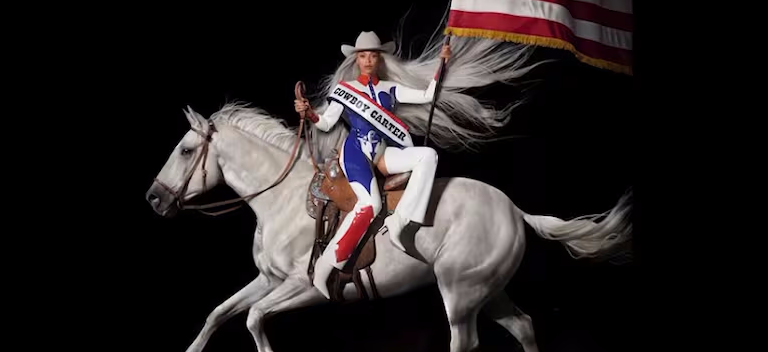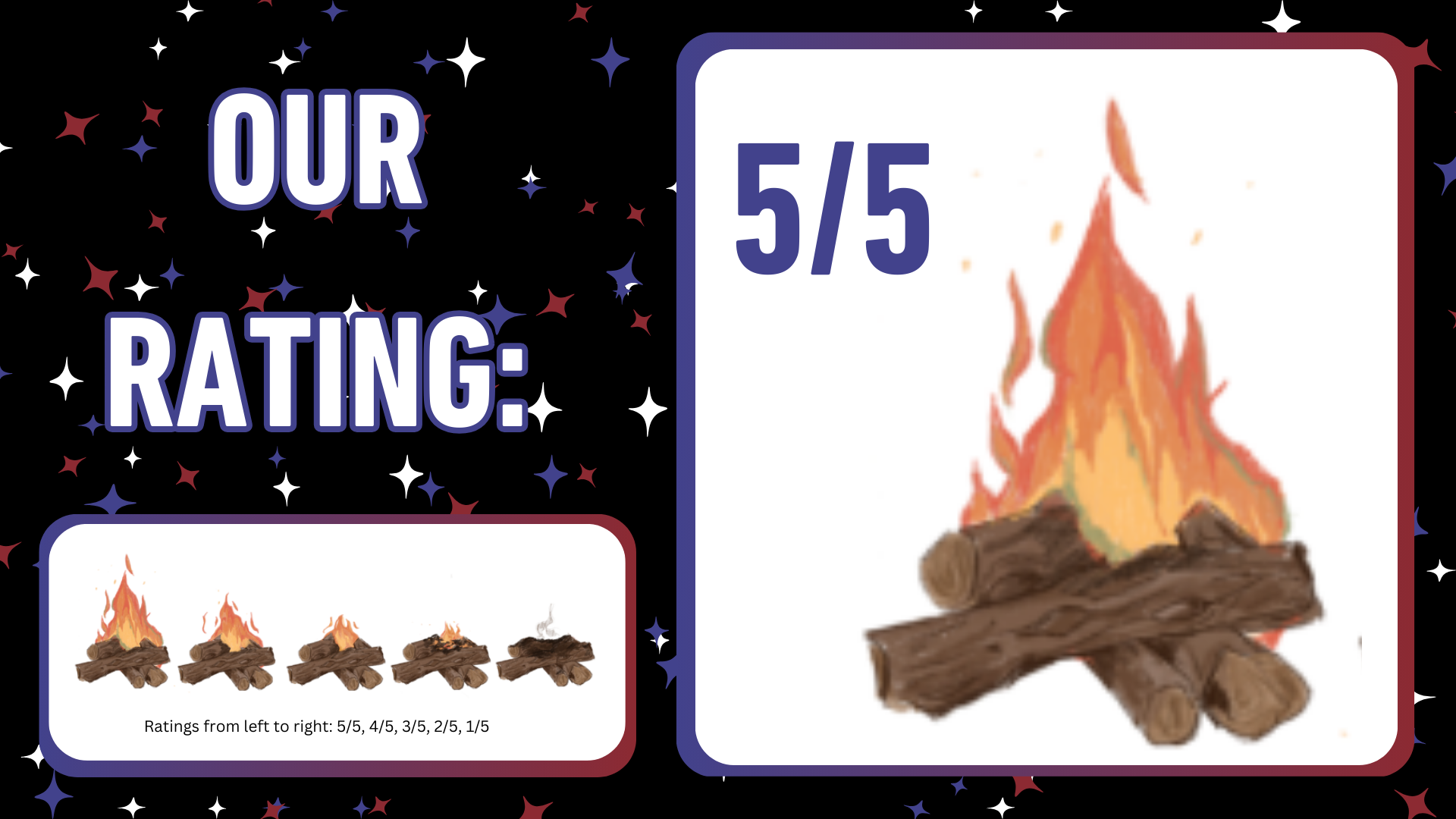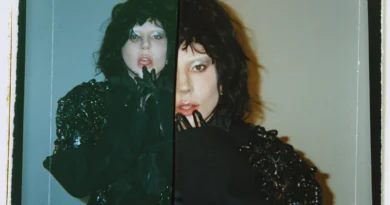
Review: Cowboy Carter
Yee-haw! Multi-talented pop icon Beyoncé is back, sporting a lasso, horse and cowboy boots after a two year album drought. On March 29, Beyoncé released her first album since 2022’s “RENAISSANCE,” entitled “COWBOY CARTER.”
Within hours of the album’s announcement, made in grand Beyoncé fashion with a Super Bowl commercial, the internet was already awash with discourse about the album’s classification as country music. A flashpoint in the debate occurred when an Oklahoma radio station refused to play the singles on the air as they were “a country music station.”
Black artists like Beyoncé have historically occupied an awkward space in the genre, whose market base is overwhelmingly white and rural. And Beyoncé herself is no stranger to the unwelcoming face of country music. In fact, the impetus for “COWBOY CARTER” may have come from a controversy much like the one she experienced this year. In 2016 Beyoncé performed “Daddy Lessons,” a track from her album “Lemonade,” at the Country Music Awards. The song is undeniably country, with a guitar backing, references to Texas and lyrics like “With his right hand on his rifle/He swore it on the Bible.” But to some members of the crowd at the CMAs, and to many online, Beyoncė was an outsider appropriating the aesthetics of country music. Others saw these criticisms as inherently racist, regarding them as denying a Black woman access to country music spaces on account of her race.
The irony in the fury surrounding both the CMAs performance and “COWBOY CARTER” is that, like most music genres in the United States, country music was influenced by Black people. Numerous country stars were inspired and taught by black artists. The banjo, a staple of country music, has roots in the African Akonting. But because of the racial prejudice in America, especially in the South (where country music originated), Black artists have been relegated to the fringes of the genre.
“COWBOY CARTER ” is not really a country album, at least not in full. Beyoncé said as much in the Instagram caption she posted 10 days before the album’s release. Instead, she said, it is a “Beyoncé” album — a musical genre which exists in its own right. But “COWBOY CARTER” seems to disagree with Beyoncé. It has interludes from country giants such as Dolly Parton and Willie Nelson. The album wants to be seen as country.
Here lies an unmissable flaw with “COWBOY CARTER”: the juxtaposition between what it is trying to say and what it is. “COWBOY CARTER” desperately wants to say something — to make a political or cultural or racial statement. And Beyoncé wants it to say something too. But it does not say something, at least not as powerfully as it pretends to. In fact, it misses several chances to say something. While the music is phenomenal, “COWBOY CARTER” falls just short of being the revolutionary act it pretends to be.
The best way to exemplify the shortcomings of “COWBOY CARTER” is to compare it to its predecessor “RENAISSANCE.” Act one in Beyoncé’s current album trilogy, “RENAISSANCE” was a jubilant, expressive, whirlwind trip through dance and house music. Through samples, features and homages to house music legends, Beyoncé fully embodied the genre. “RENAISSANCE” grabs the listener by the hand and tugs them onto the dancefloor, where the synth and 4/4 rhythm of house music consume them. “COWBOY CARTER” does not do the same with country music and a proverbial saloon, instead leaning toward folky, mellow sounds. This is not to say that “COWBOY CARTER” is not country to some degree. The ‘countryness’ of “COWBOY CARTER” is not superficial. It incorporates the typical aspects of the genre into many, even most, of its songs. However, it does not fully embrace its genre like “RENAISSANCE” did, and this makes its message, whatever that may be, hollow and vague.
Criticism aside, “COWBOY CARTER” contains some of the best music Beyoncé has ever released. The album is structured like a radio show, with Parton, Nelson and Linda Martell serving as hosts in musical interludes. It starts with the explosive “AMERIICAN REQUIEM,” a five minute melody where Beyoncé boldly proclaims the album’s themes and reaches out to the audience to join her in her journey. “Can you stand with me?/Can you stand for somethin’?” Beyoncé asks. But the opener’s energy quickly subsides into the soulful ballads and soft folk of the first third of the album. From a cover of the Beatles’ “Blackbird” featuring notable Black country singers Tanner Adell, Britteny Spencer, Renya Roberts and Tiera Kennedy to the standout “PROTECTOR,” Beyoncé stands reflective and alone in this part of the album, with the “Blackbird” cover being its only feature.
The energy of the album picks up at “TEXAS HOLD ‘EM” but doesn’t really get going until a cover of “Jolene” opens the record up to an energetic middle section. Beyoncé directly confronts the mission statement of her album here by way of Martell, who opens the boisterous rap song “SPAGHETTII.” Martell notes “Genres are a funny little concept aren’t they?” “SPAGETTII” leads into “ALLIIGATOR TEARS,” a guitar-plucking, boot-stomping bop where Beyoncé lists the outlandish tasks she would perform for her lover and asks “How does it feel to be so adored?” The next three songs are features, and are a highpoint in this section of the album. Post Malone, Miley Cyrus and country singer Willie Jones add depth and musicality to Beyoncé’s impeccable vocals, even if the songs are lyrically weak. However, Cyrus and Malone feature heavily on their songs, juxtaposing the features of the Black country artists Beyoncé chose to include. Jones’ verse on “JUST FOR FUN” is a scant three lines. On the “Blackbird” cover, the featured artists only sing two verses. As this album endeavors to draw attention to Black country music, Beyoncé should have made a more concerted effort to center them.
The last third of the album is where the listener starts to feel the bloat of the 27 track length. Granted, many are short bursts of music that serve as palette cleansers to the longer pieces, but these eventually start to clutter up the album. A particular low in this section is “DESERT EAGLE,” a tepid, repetitive song with unimaginative lyrics. But this musical doldrum is only a few songs long, and “II HANDS II HEAVEN,” resets the album back to its standard of quality.
The album closes with “AMEN,” which is a mirror image of “AMERICAN REQUIIEM,” repeating several lyrics and melodies. As she rides off into the sunset, leaving behind a masterpiece of an album in her wake, Beyoncé asks “Tell me, can you hear me now?”




